
In a modest classroom or an open city square, children gather around a table strewn with everyday objects, bottles, wires, and food coloring. With a few guiding questions and a touch of curiosity, science comes alive. This is the magic behind Les Petits Débrouillards Maroc, a Rabat-based nonprofit organization that has been sparking scientific curiosity in young minds since 2005.
Founded by a community of leaders and educators, the association is part of an international movement that began in Quebec. Its mission: to make science accessible, playful, and deeply engaging for all children, regardless of background. Using low-cost or recycled materials, the workshops invite kids to observe, experiment, and ask questions about the world around them. Whether exploring chemistry, energy, astronomy, or water systems, the goal is the same: learning by doing.
Operating in schools, youth centers, art spaces, and public venues across Morocco, the group doesn’t just teach science, it cultivates critical thinking, creativity, and active citizenship. Since 2007, the Moroccan branch has been part of the International Federation of Les Petits Débrouillards, alongside organizations in France, Tunisia, Belgium, the Czech Republic, and Canada. At its heart, the initiative believes that science is not reserved for labs or elites; it’s a tool for empowerment, social dialogue, and imagination. By bringing children into a space where discovery is encouraged and mistakes are part of the process, Les Petits Débrouillards is helping shape a generation that’s not just informed, but engaged and ready to build the world of tomorrow.
What is the value of generations coming together in programs like this?
The value of Les Petits Débrouillards (The Little Tinkerers) association’s program, which focuses on providing interactive science education and hands-on learning experiences for young people, lies in its ability to bring generations together. Older generations, such as pedagogic animators, teachers, and retired scientists, bring a wealth of knowledge and experience that they can pass on to younger ones.
This transmission is key, as it allows younger generations to respect and value the wisdom of those who came before them, while also sharing their own ideas and creativity. The program is centered on mutual respect and collaboration. Through initiatives like this, solidarity is built, with generations working together to solve scientific and environmental challenges. At the same time, collective memory is honored by integrating local knowledge into modern science, which gives real meaning to the projects. Ultimately, these programs encourage active citizenship, where everyone, regardless of age, can contribute and learn. They also foster empathy and inclusion, helping younger and older generations understand and support each other.

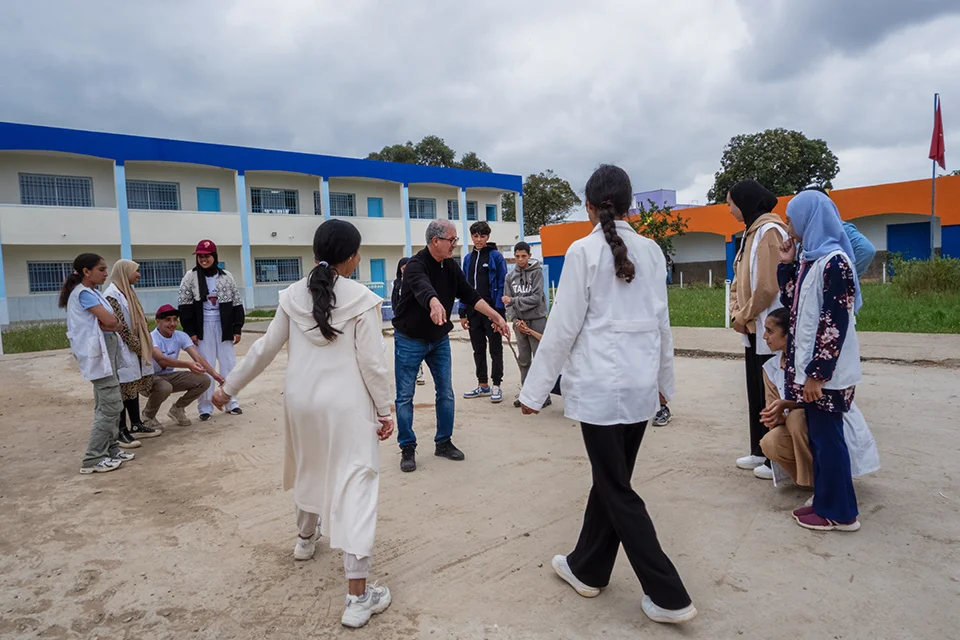













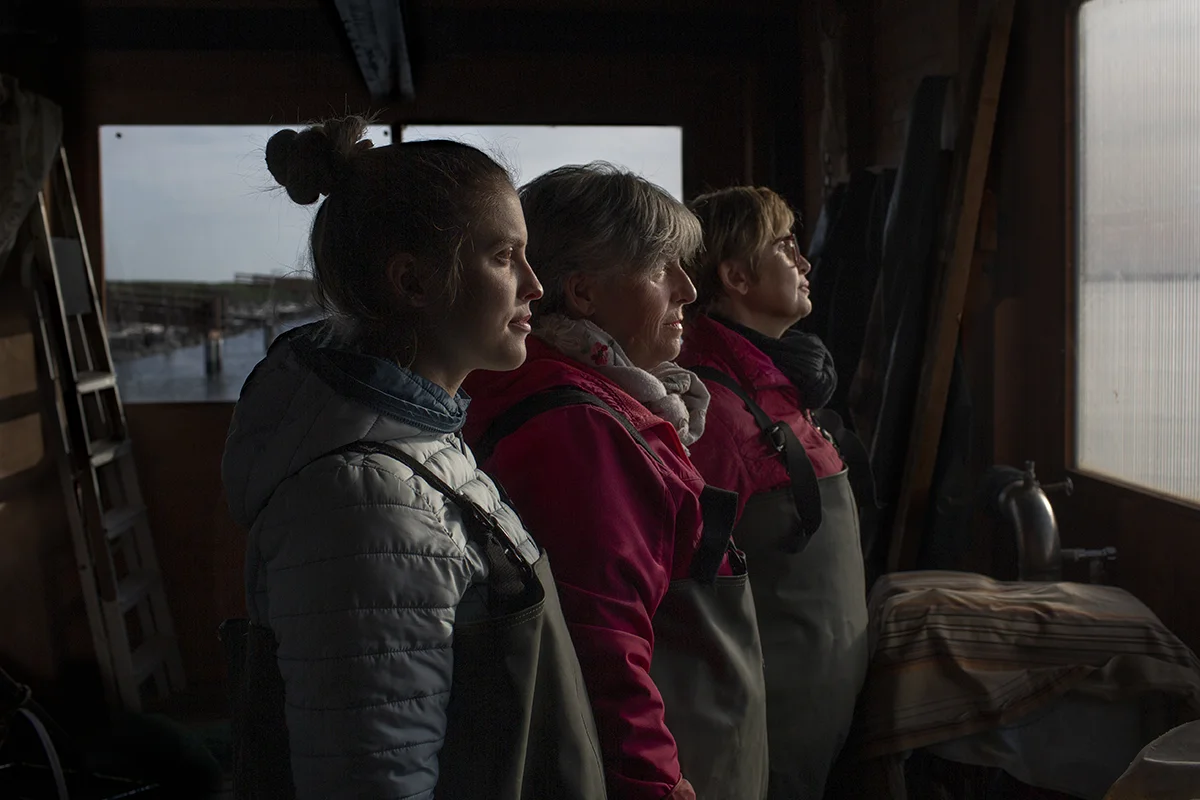

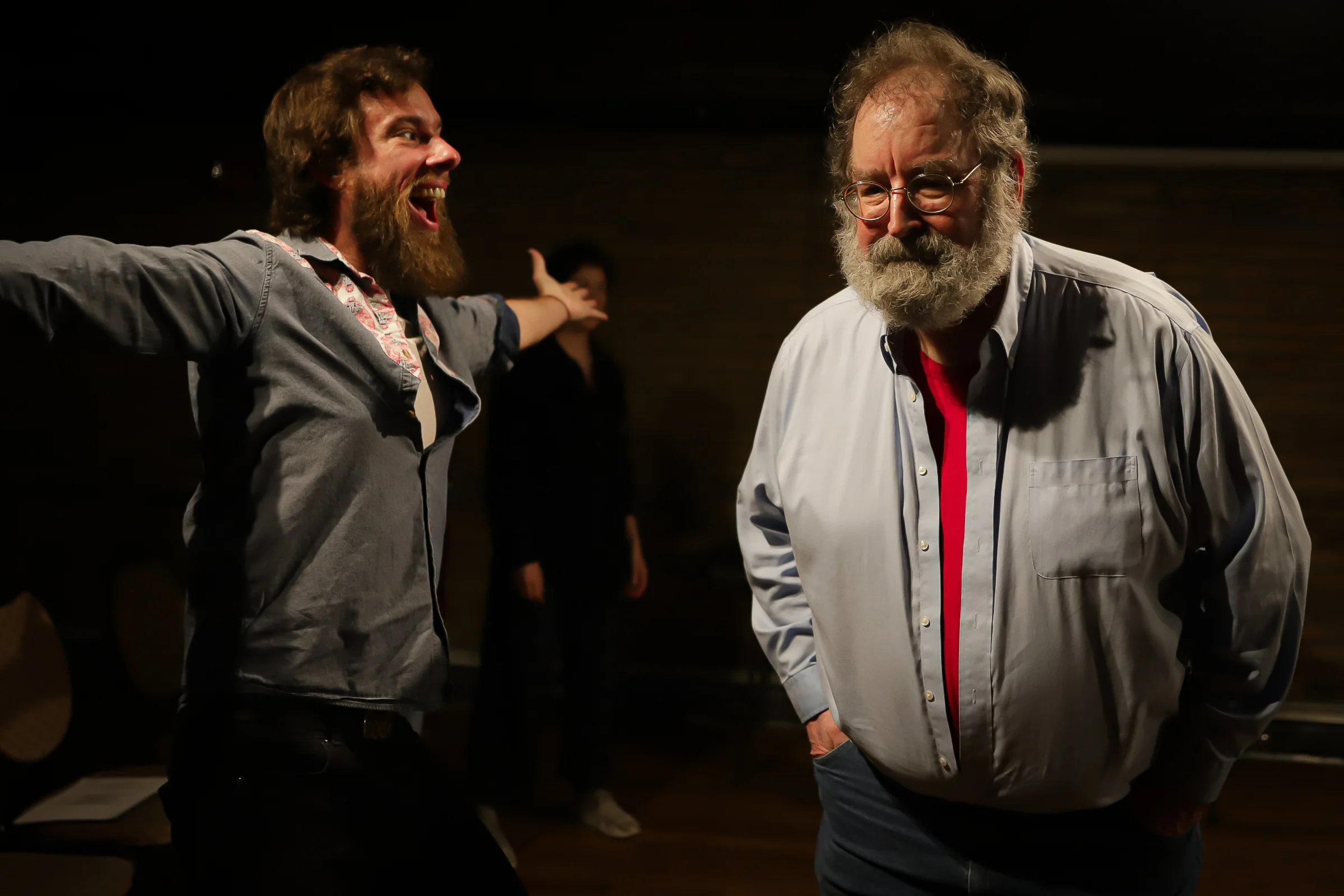
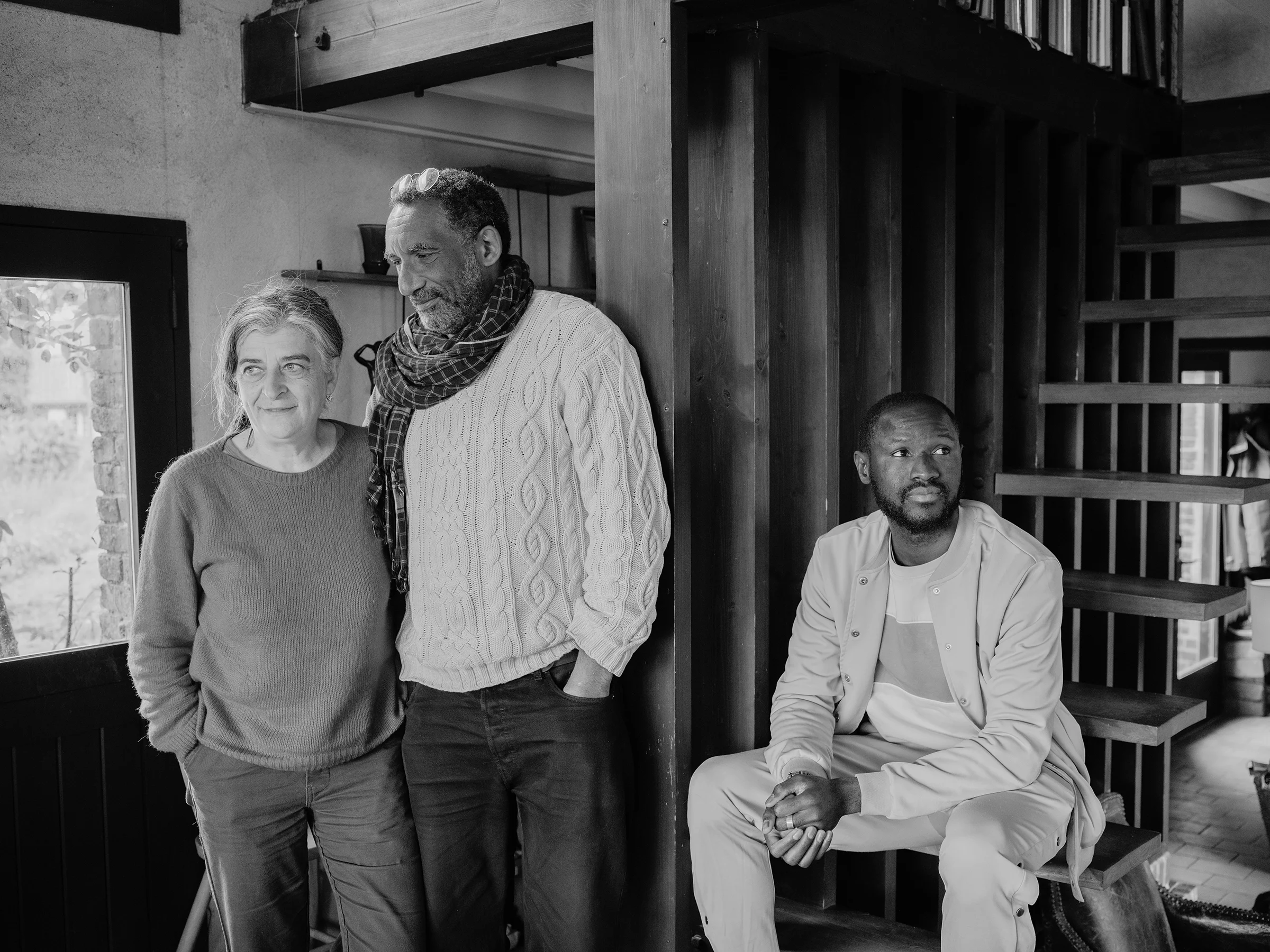

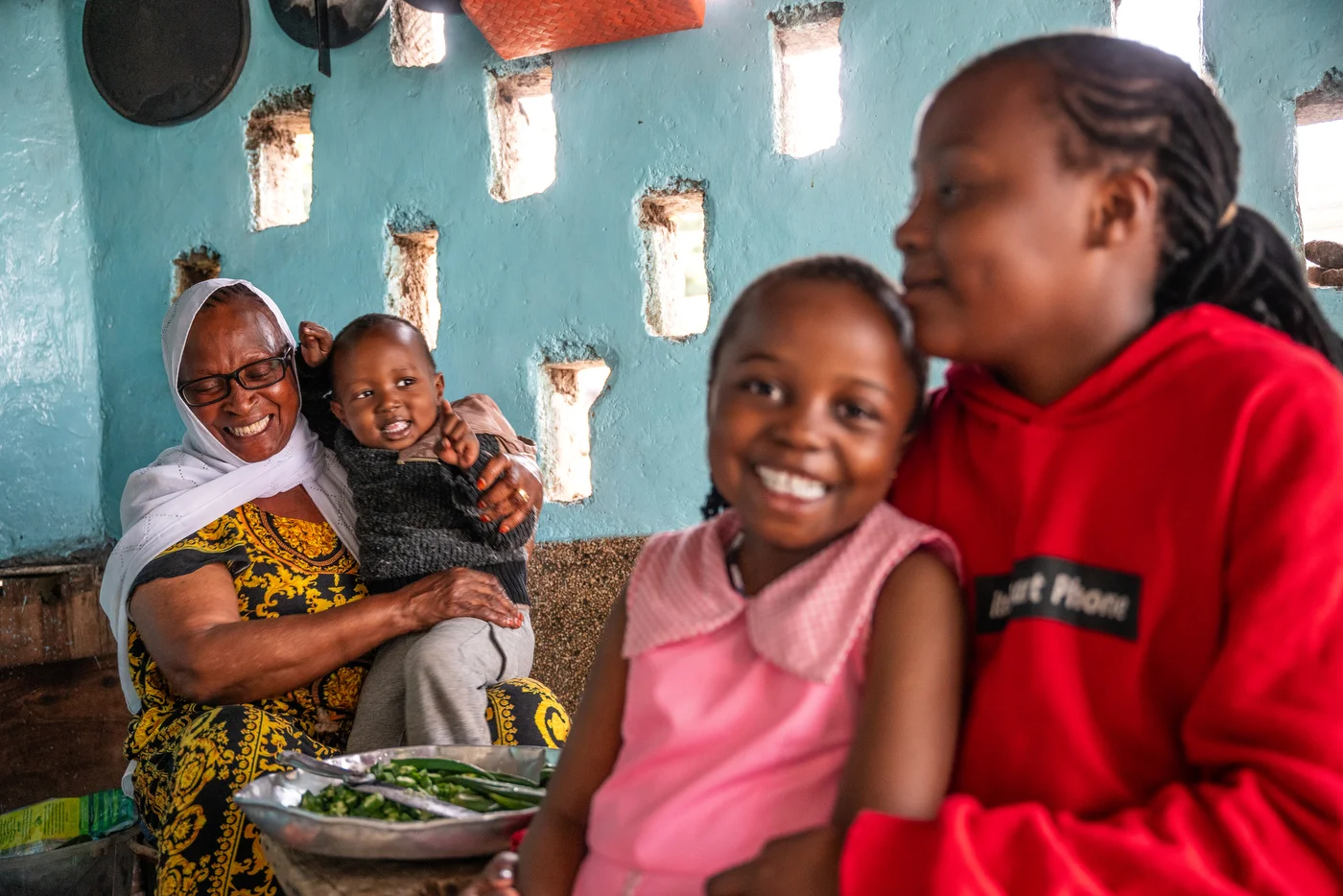
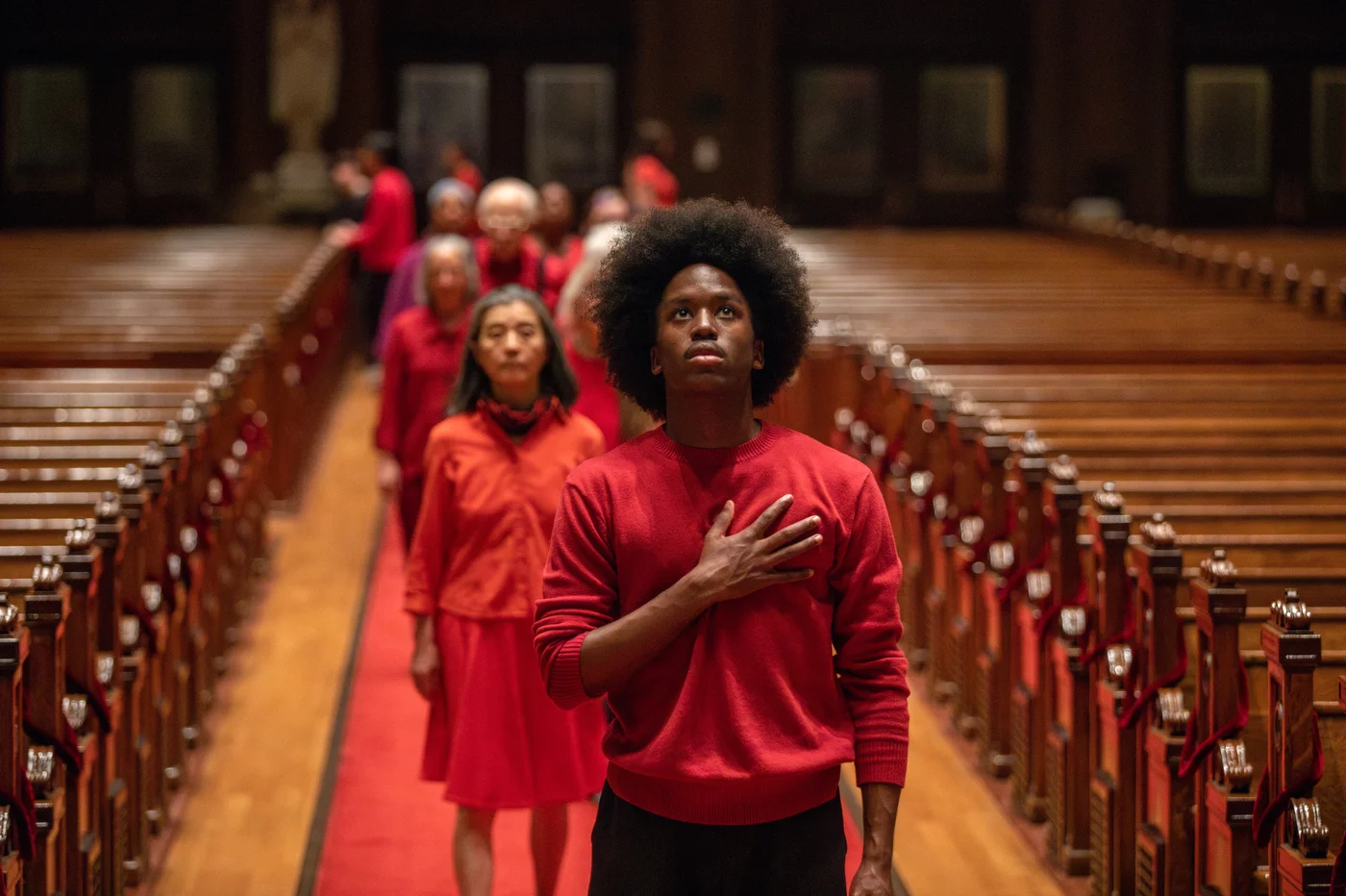
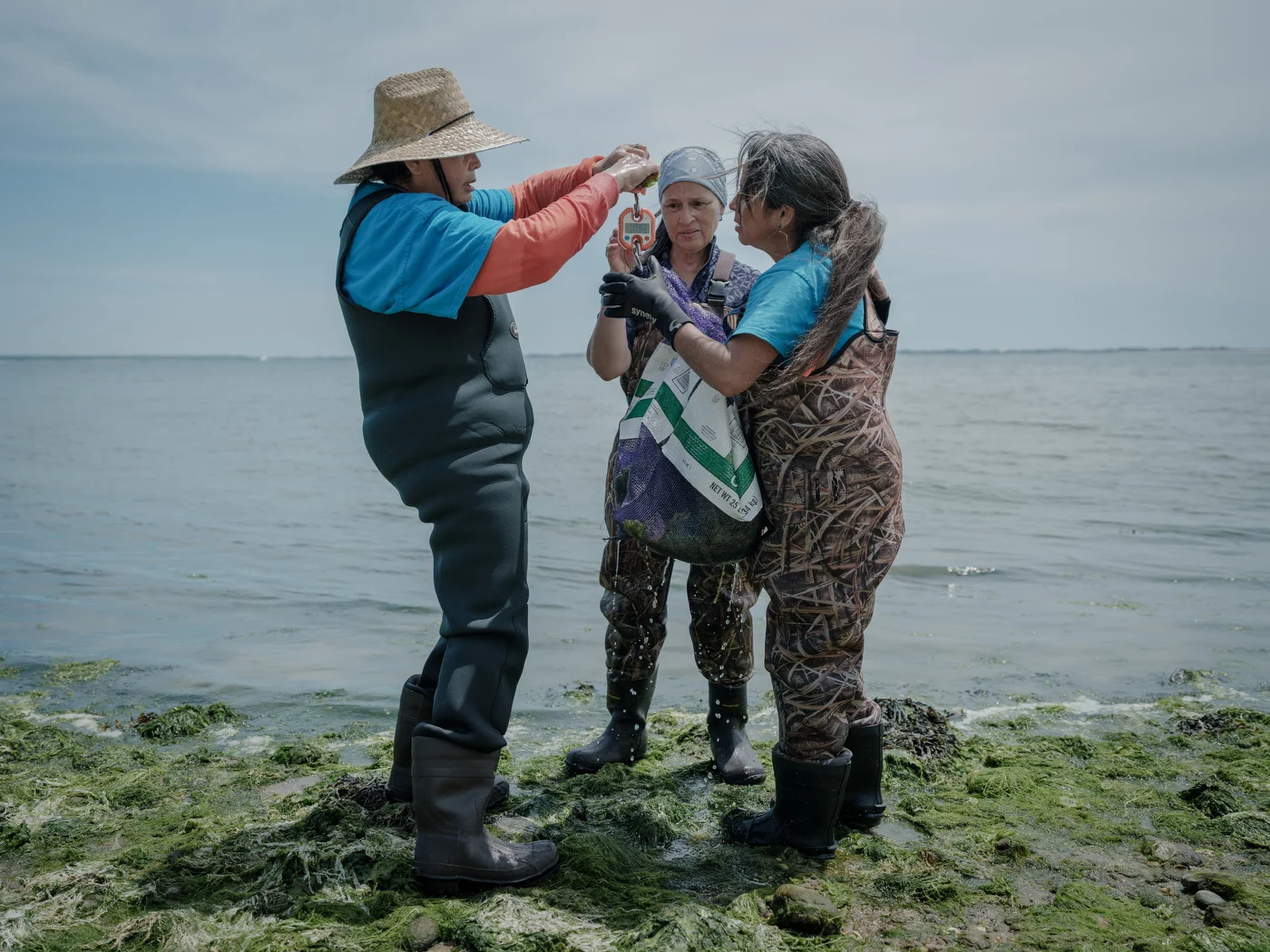





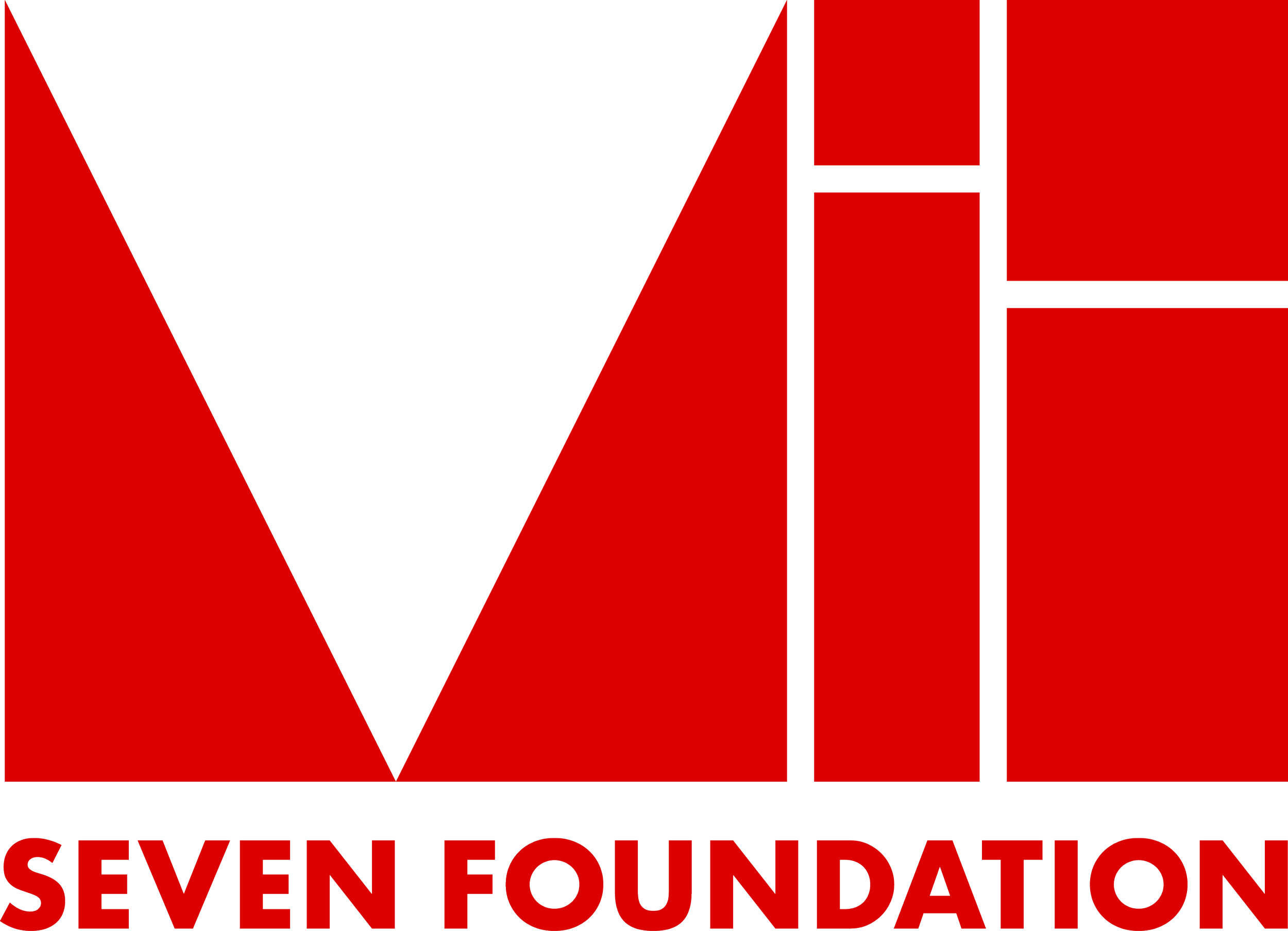








.svg)






